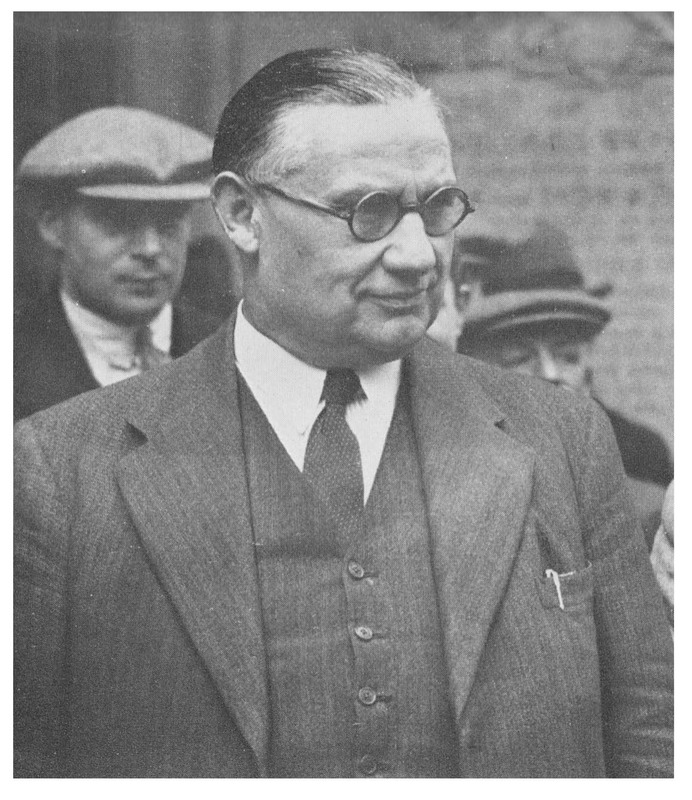Writings by
Ernest Bevin

Ernest Bevin was, by quite a large margin, the most important Labour leader of the twentieth century and the one, who, more than anyone else, both as a trade union leader and as a minister in the wartime cabinet, formed Labour into a force capable of exercising power in the working class interest. Always anxious to win people over by persuasion rather than force he wrote and spoke extensively, yet no collection or even selection has been published of his writings and speeches. We do not have the means to explore the most obvious source - the articles he wrote for the Transport and General Workers Union journal The Record - and this small selection - two pieces giving his thinking out of power and two from the period when he was in power - comes from sources that are more easily available, though none of them currently in print. It is surprising how relevant much of it seems to our current situation when there is again a consensus on economic theory that resembles the consensus of the 1930s - a consensus of opinion that had so overwhelmingly acquired the status of scientific fact that many Labour politicians, most obviously those that worked with Ramsay MacDonald in the National Government, had accepted it.
Ernest Bevin and G.D.H.Cole: The Crisis - What it is, How it arose, What to do about it, ND [1931]. An in-depth analysis of the financial crisis that hit the world in the late 1920s. Why, when advanced means of production had been developed that theoretically rendered possible a society of plenty, so many people had been reduced to destitution.
Ernest Bevin: My plan for 2,000,000 Workless, ND [1933]. A programme for the restructuring of British industry in the working class interest.
Ernest Bevin: The Job to be done. Extracts from a book first published in the USA in 1941 as The Balance Sheet of the Future, outlining what Bevin did in his first few months as Minister of Labour to re-organise British industry on a war footing.
A commitment to full employment. In June 1944 Bevin introduced the White Paper on Employment Policy, Cmd 6527, committing future governments, Labour and Conservative, to full employment as a fundamental objective of government policy. This provided the generally agreed framework for the post-war settlement, coming under great pressure in the late 60s and 70s and finally broken by the Conservative government of the 1980s. Taken from the record of Bevin's speech in Hansard.